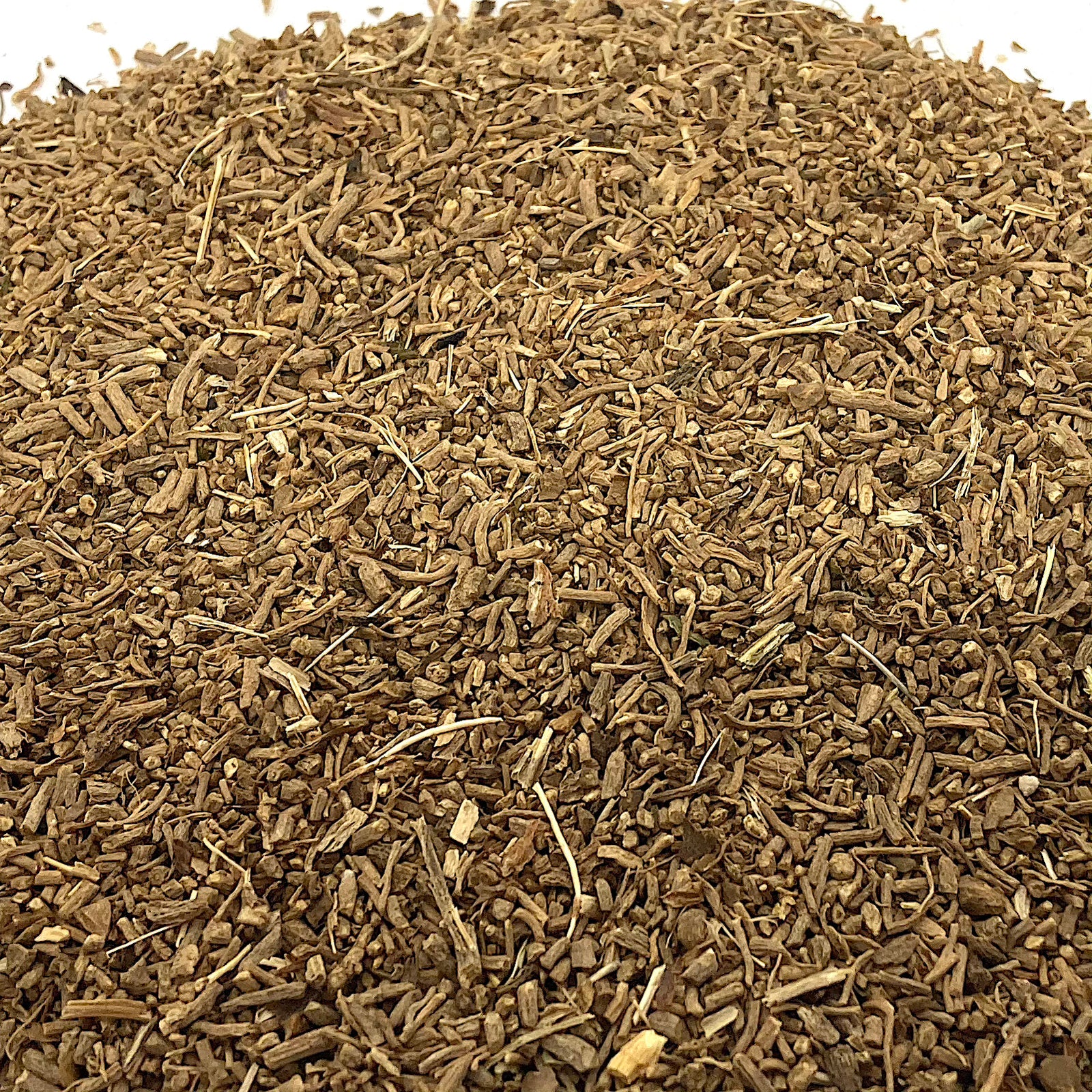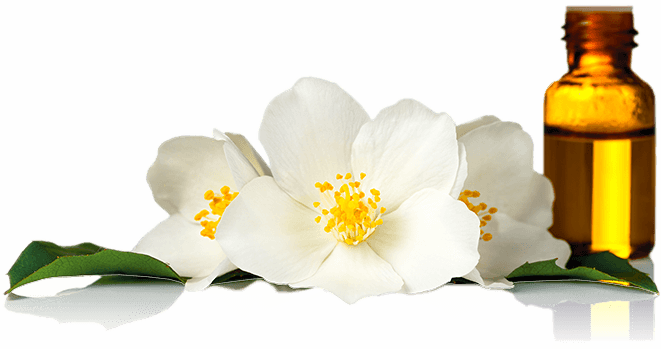Description
PAKISTAN. Valerian (Valeriana wallichii) Root, Cut and Sifted, Certified Organic
Common names: All-Heal, Phu, Amantilla, Setwall, Garden Heliotrope, Capon's Tail, Blessed herb, Vandal Root, Jie Cao Gen, Phu Parvum, Balderbrackenwurzel
Family: Caprifoliaceae
Valerian is a perennial flowering plant, growing up to five feet high, native to in Europe and Northern Asia, and found in other temperate regions including some high altitude biomes in the US Southwest. It favors moist areas, marshy and riparian zones, but may also be found on drier ground.
Valerian has been famed since antiquity, especially as a sedative and relaxant. Quoting Dr. Christopher’s summary, it has been given “as a nervine, anti-spasmodic, to protect against the plague, head pain, to bring on sleep, as a sedative, to calm hysterias, for nervous strain, stress, mental derangement, irregular distribution of blood to the brain, menopause symptoms, sadness, restlessness, anxiety, profuse flow of urine, epilepsy, infantile convulsions, to lower blood pressure, heart condition, drug addiction, menstrual pains, suppressed menstruation, ringing in ears, cholera, swollen joints, swollen arteries and veins, cramped limbs, paralyzed limbs, and acne.” Other actions described in the herbal literature include antibiotic, expectorant, bitter, and carminative.
Valerian's analgesic effects are said to be most helpful where pain is related to tension. The herb’s anti-anxiety effects may result from its content of valerenic acid, an alkaloid that acts on GABAA receptors. In addition to alkaloids, other active components in the root include volatile oils and valepotriates.
Higher doses are suggested for anxiety, and lower doses for sedation. Avoid use during pregnancy and breastfeeding.
*These statements have not been evaluated by the FDA. These products are not intended to diagnose, treat, cure or prevent any disease.









